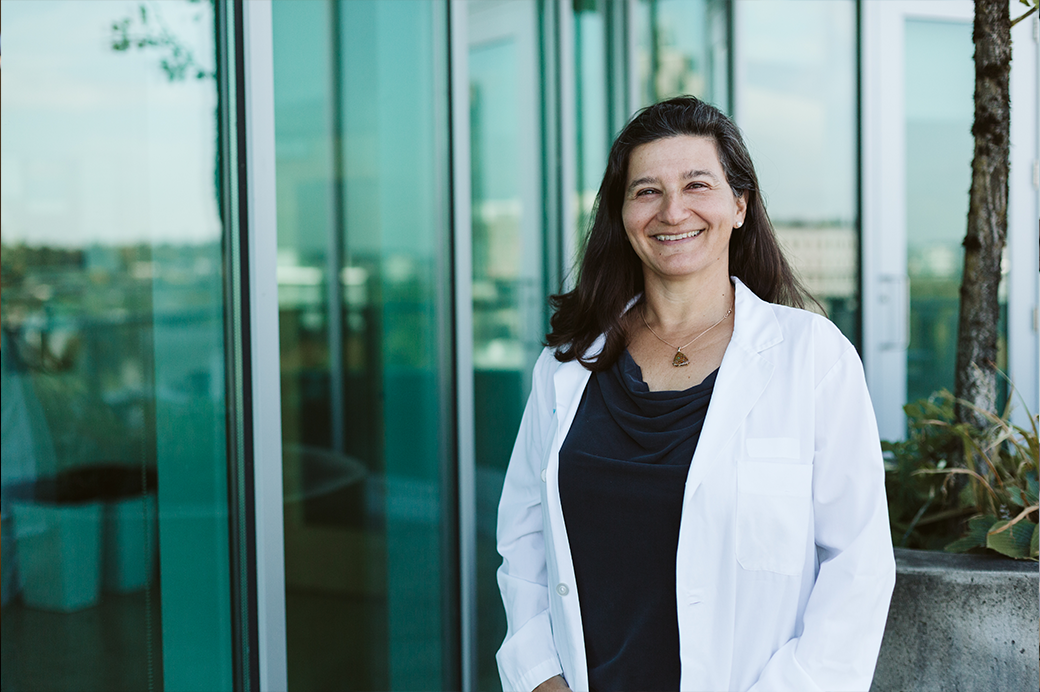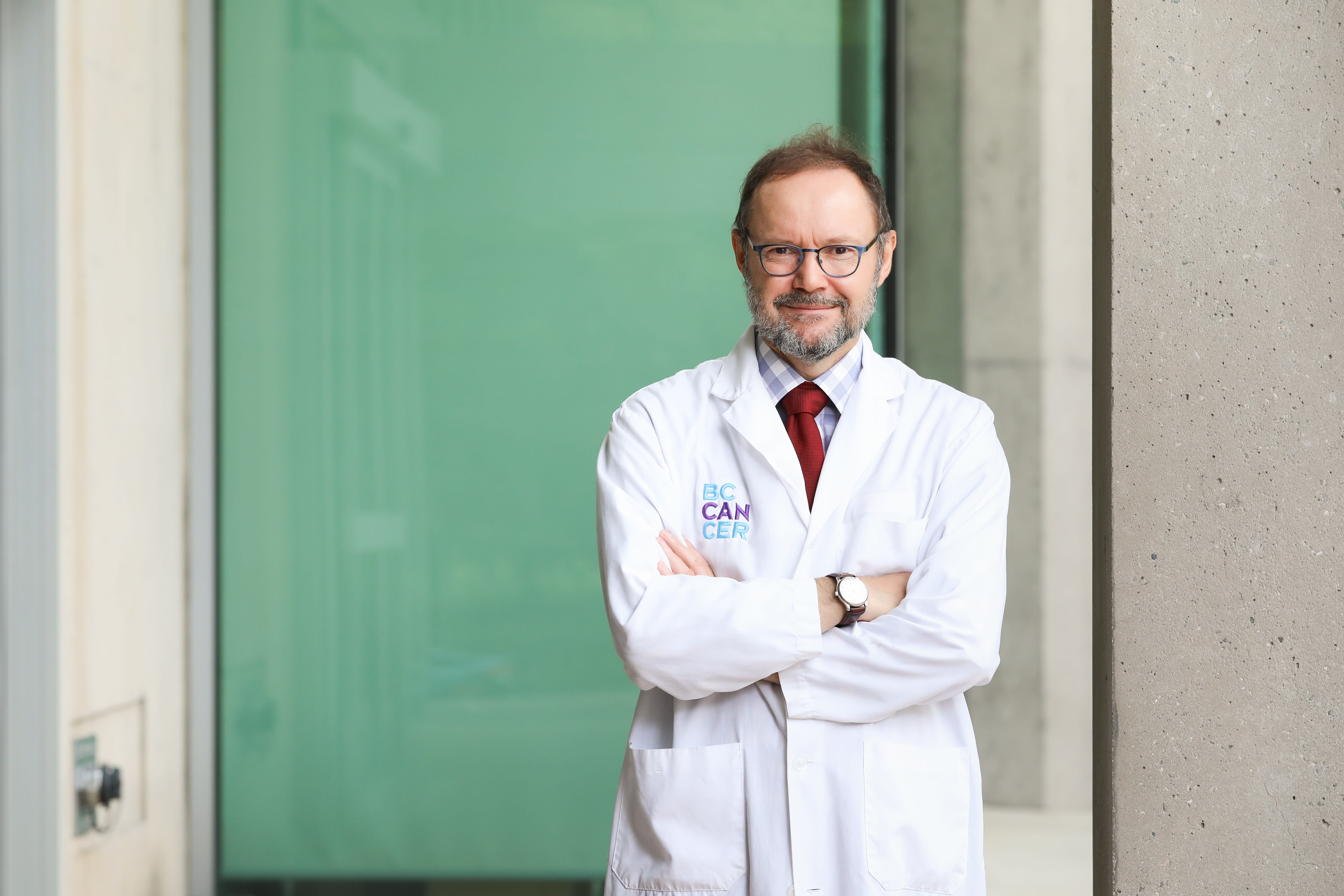Dr. Janessa Laskin: Looking Ahead
November 28, 2014

Many friends and family ask “how can you be an oncologist? Isn’t it sad? How can you speak to people about death and not lose hope?”
The answer to this is, of course, different for everyone. For me, it is a privilege to become involved in people’s lives at a critical juncture and to try to help in whatever ways I can.
One of the things that keeps many oncologists motivated is the fact that treatment is getting better and that the research we are all involved with is a driving force of change.
I do not believe there is one cure for cancer, because I do not see cancer as one disease. What I’ve seen treating patients in the last decade is that cancer is hundreds or thousands of diseases and each one is a variation on a biological theme as different as each individual. Therefore, we have to chip away at a cure small segments at a time.
We have found pockets of patients whose cancers are driven by specific biological pathways that we can block with highly targeted drugs. This is what we’ve seen with our POG (Personalized Onco-Genomics) project. When we delve deep into an individual’s cancer, patterns begin to emerge, but there is still a lot of complexity.
What I think will happen in the next decade is an explosion of information that we will have to learn how to interpret in the context of each individual and across populations. I think we will change cancer into a chronic disease state, much like diabetes or heart disease, perhaps requiring long-term management with relatively non-toxic targeted therapies. This is where my hope lies.
We are lucky in B.C. to have a system in which we can track individual cases and a whole population concurrently so we can see improvements over time. And we are especially fortunate to have the support of the BC Cancer Foundation and all of the generous donors who are going to help us redefine cancer medicine.
Thanks for reading my blog posts this month,
Janessa


